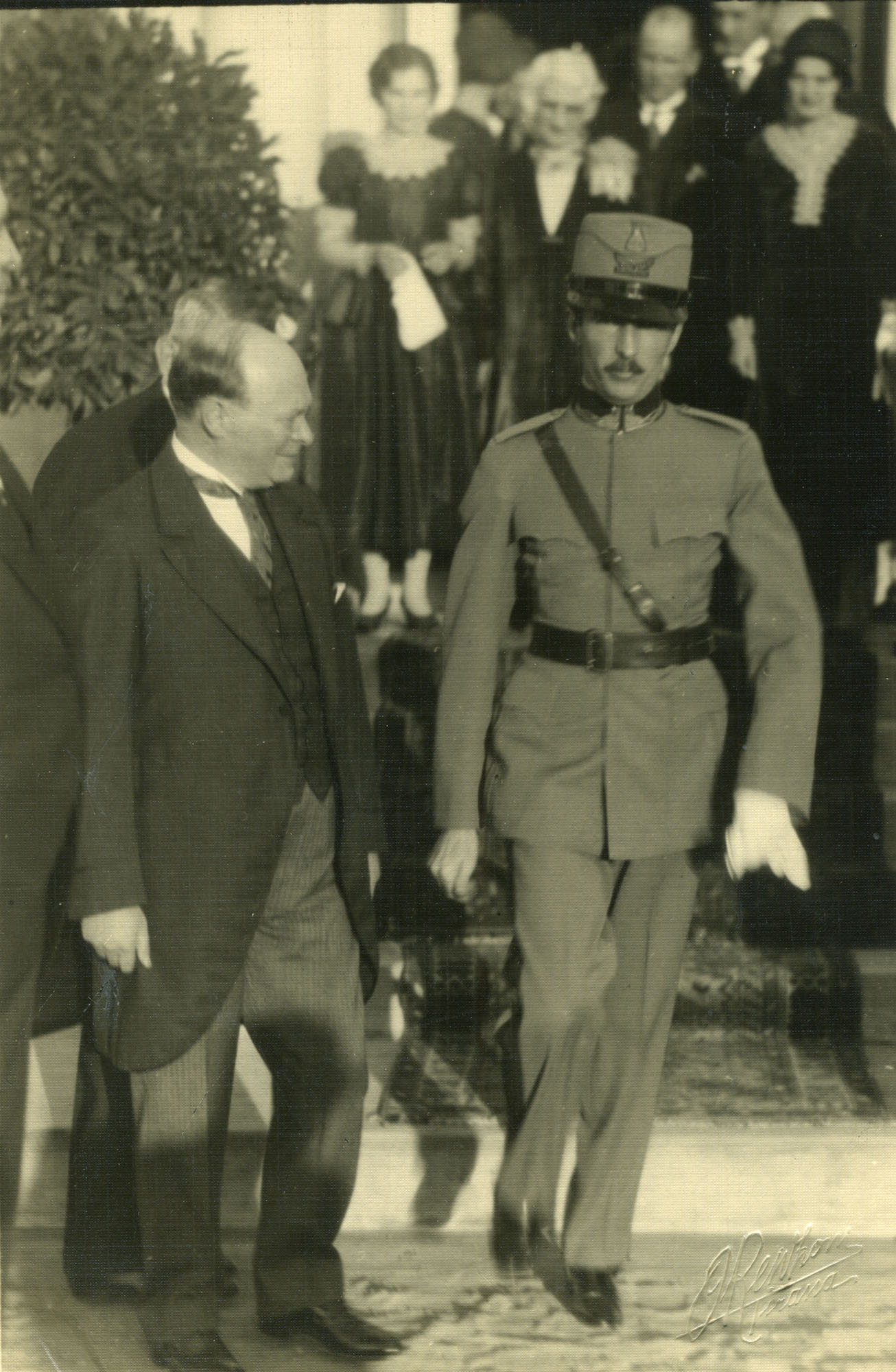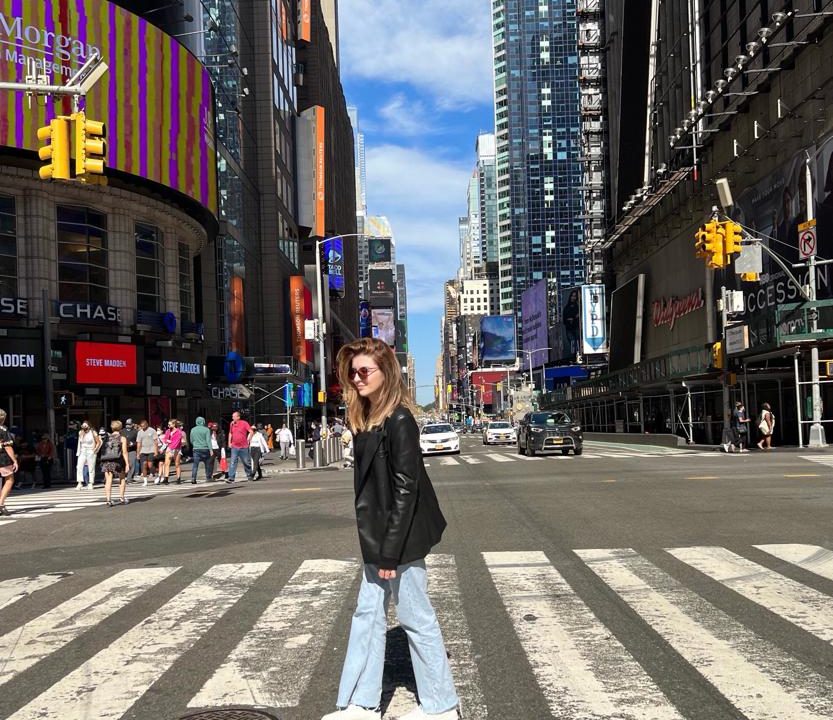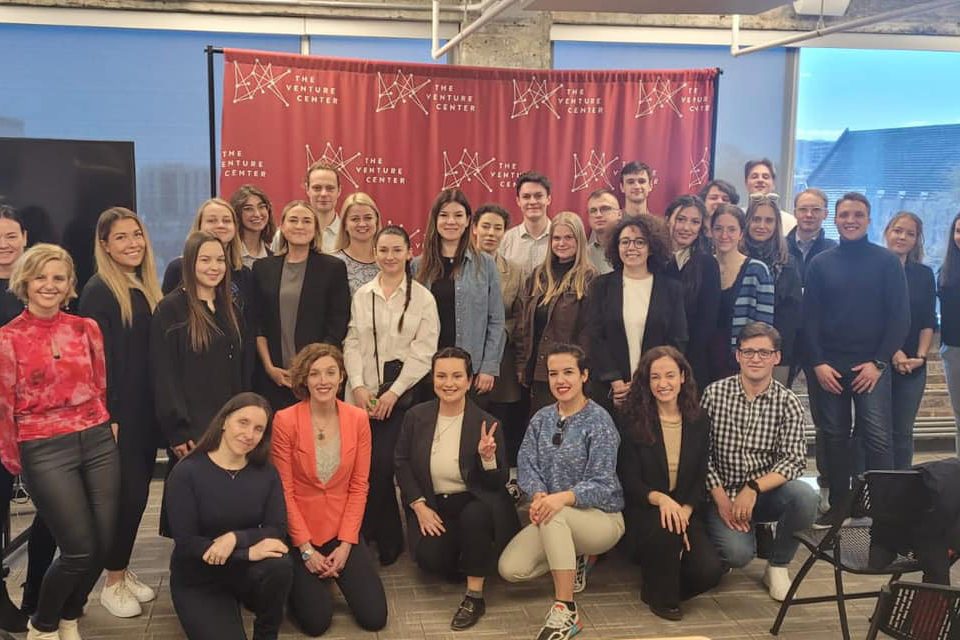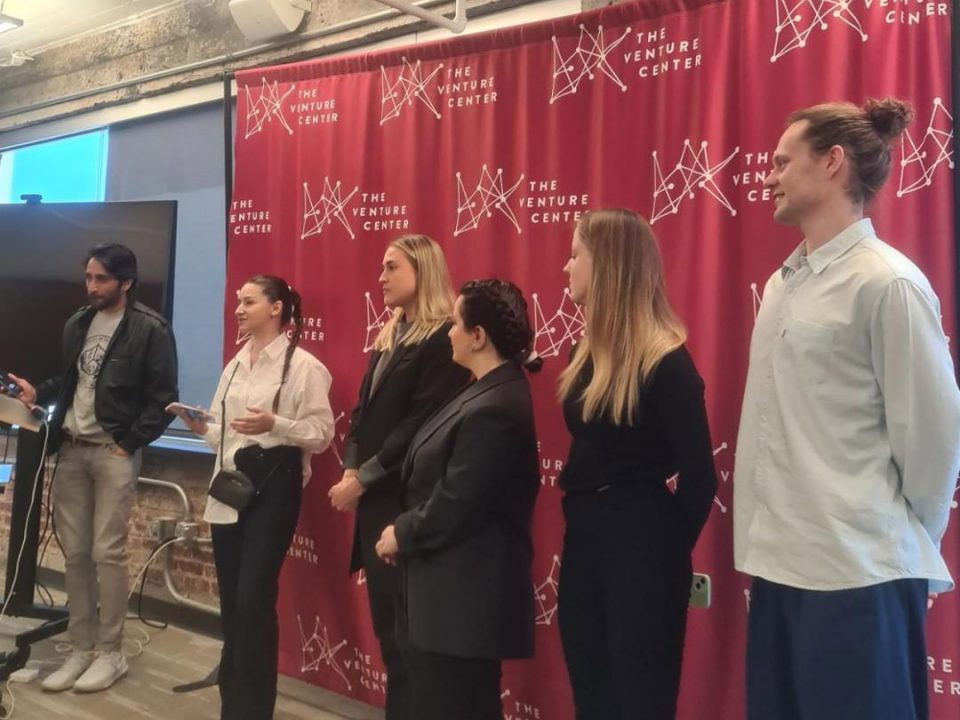While working at YIVO – Institute for Jewish Research in NYC, the recent five months as part of the AADF-MIP Program, I have learned among others, about the antiquity, complexity, and width of Jewish history, traditions and culture. It is a history of resilience and faith, both those qualities deeply rooted in the Jewish tradition. Jewish history is, in many ways, a persistent cycle of crisis and renewal. Jewish people believe deeply at memory and memory is at the center core of who they are as a people. Due to the developments of history, Jews have been obliged to travel a lot and settle themselves in different part of the world. One of the librarians at the Center for Jewish History (where YIVO is located), explains that the concept of the “wandering Jew” is important in the whole Jewish life. The “wondering Jew” moves from one place to another, makes himself home, but never forgets where he came from.
It seems that the inspiring Jewish history and the fact that the Jews have been continuously travelling from one country to another, has made that almost in every country that there has been a Jewish community, today lays a Jewish Museum. This is true not only for the main Western European countries, but also for countries in the Balkans, such as Croatia, Greece, Northern Macedonia, Serbia, Slovenia, etc. And recently I was indeed very happy and thrilled to learn that a Jewish Museum will be established also in Albania, more specifically, in Vlora where used to live the largest Jewish community in Albania (more than 300 Jewish families resided there). This project is an initiative of Albanian-American Development Foundation (AADF) in cooperation with the Albanian Jewish community and has the support of the Albanian Government. I am happy to contribute to the project, which is still in the very first steps, through making a thorough research at YIVO’s archive and identify what can be found there on Albania, and the relations/interactions among Albanians and Jews.
Going through YIVO Archive, I noticed that there are some Collections with interest for the topic. One of them is the “Herman Bernstein collection”, quite rich and large. Herman Bernstein used to be the United States Ambassador in Albania from February 1930 to September 1933. Born in a Jewish family, he immigrated in USA in 1893 where he worked as a journalist, writer, translator, activist and diplomat. Herman Bernstein collection constitutes a very important legacy related to Albanian-Jewish relations. I was fascinated to find in his collections Jewish newspapers articles on Albania, memoirs of Bernstein and others, a brief history of Jewish community of Vlora, discussions among Bernstein and King Zog related to the support to be provided to Jewish people by the Albanian authorities (including the readiness of Albania to equip Jewish people with Albanian passports), communications of Mr. Bernstein with eminent figures of Albanian intelligentsia, documents/correspondence considering Albania a “safe haven” for Jewish people, etc. In the large quantity of documents I also found materials that show the close relations and reciprocal respect among Albanian and American people and authorities.
Bernstein advocated for the small country in the Balkans, learning about its history and culture, writing articles about its history and present (in New York Times) thus making Albania known among American people and statesmen. In one of the most famous articles on ALbana published in the American press, Bernstein writes: Albania has been called Europe’s Forgotten Land, Cinderella among the Nations, Land of the Paradox, Key to the Adriatic, and the Belgium of the Balkans. Even the five hundred years of Turkish rule, during which they were forced to embrace Muhammadanism, did not thwart the indomitable spirit of independence among the North Albanian mountaineers
In addition, there was another collection where I found something relevant for the subject. It is about the collection of Isaac Nachman Steinberg, He was a Russian-Jewish political writer, leader of the Left Socialist Revolutionary Party during the 1917 revolution in Russia, leader of the Jewish Territorialist Movement, etc. Going through the documents of the above-mentioned collection, I learned that after the Nazis came to power in 1933, Steinberg was settled in London where he founded the Freeland League which aimed to identify safe locations to settle endangered Jews from Europe and in planning a future life in this territory. I was positively impressed to see that Albania was identified as the only safe country for Jews in the Balkans and therefore the Freeland League had prepared a detailed Report in 1935 of nine pages which I had the pleasure to read.
Despite being 7500 Km away from Albania, I was very pleased to find a piece of Albania in the heart of Manhattan, a piece of my country which made me feel proud that regardless of tough times Albanian people knew how to stay on the right side of history!




